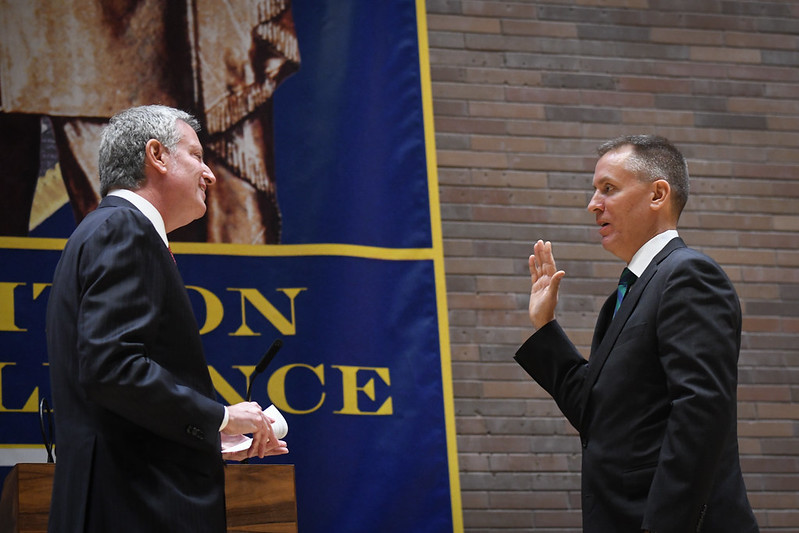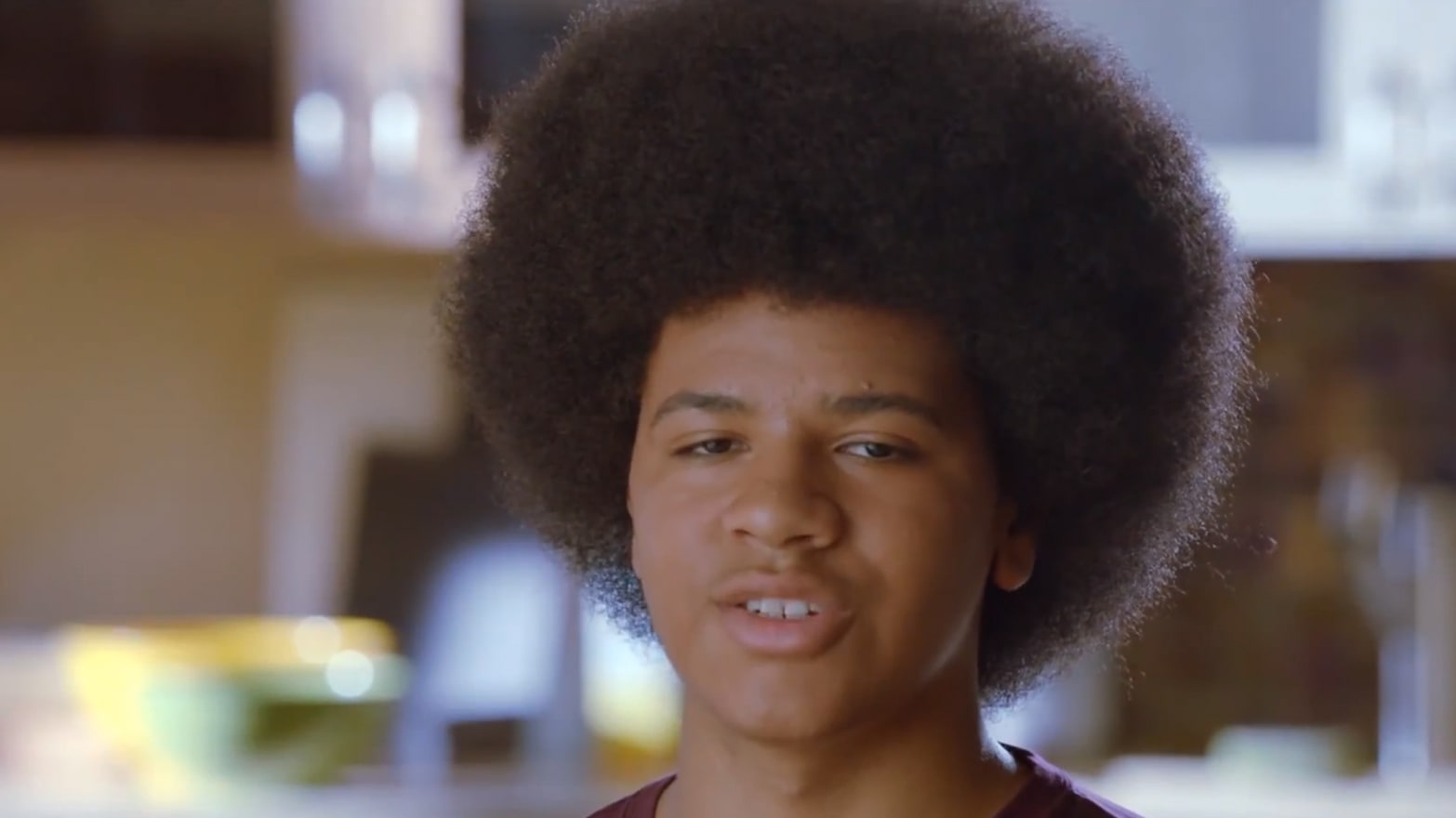
NY Times
Some executives at
nonprofit groups that operate New York City homeless shelters are
benefiting from the plight of the people they serve.
Soon after Jack A. Brown III
quit his job at a private prison company, his former employer accused
him of fraud. A few years later, after Mr. Brown started a nonprofit to
run halfway houses, a federal audit found that it had failed to deliver
key services. The New York State comptroller concluded in another review
that Mr. Brown had shown “a disturbing pattern of ethical violations.”
None of that history seemed to bother officials in New York City.
Since 2017, as homelessness has risen to record levels,
the city has awarded more than $352 million to a nonprofit run by Mr.
Brown to operate shelters. The money is meant to help homeless people
regain their footing in life, but it has benefited Mr. Brown, too.
The
nonprofit has channeled contracts worth at least $32 million into
for-profit companies tied to Mr. Brown, allowing him to earn more than
$1 million a year, The New York Times found. Millions more have gone to
real estate companies in which he has an ownership interest. He has also
hired his family members and given employees perks such as gym
memberships and cars.
When Mayor Bill de Blasio came into office, he criticized a
small group of landlords for charging the city exorbitant rates to house
people in squalid rooms while doing little to curb homelessness. In 2017, the mayor pledged to open dozens of new shelters that would be managed by nonprofit groups. Their mission, he said, would be altruistic rather than driven by financial gain.
But four years after that change and an extraordinary infusion of city spending, homeless people still crowd shelters and set up camps on the street, while a new group of operators has figured out how to make money off their plight.
An
investigation by The Times, based on hundreds of pages of legal
filings, business records and tax documents, as well as interviews with
homeless people, city officials and shelter employees, found that under
the cloak of charity, executives at nonprofits have collected large
salaries, spent their budgets on companies that they or their families
controlled and installed relatives in high-paying jobs.
One
landlord started a nonprofit that handed out millions of dollars to real
estate and maintenance companies that he and his family owned. A Bronx
shelter operator was charged earlier this year with laundering kickbacks
through a consulting company run by his family. A former board member
of another homelessness organization is under criminal investigation
after the city said the group paid millions of dollars to a web of
for-profit entities he secretly oversaw.
For years, Mr. Brown has personally prospered by running an organization to help the homeless.
In
addition to serving as the chief executive of the nonprofit he founded,
CORE Services Group, Mr. Brown started a security guard company that
polices his shelters, a maintenance company that makes repairs in them
and a catering company that feeds the residents, records showed. Mr.
Brown heads each of them, collecting total compensation that tops $1
million. He is the highest-paid shelter operator in New York, according
to a review of available records.
(This guy is the Jeff Bezos of homeless shelters-JQ LLC)
In one year alone, the
for-profit companies that Mr. Brown ran spent more than $460,000 on gym
memberships for employees, records showed.
Mr. Brown,
53, has profited in other ways: Along with partners, he owns two
companies that have rented buildings to CORE, and his mother, sister,
aunt and niece have all worked at the nonprofit, in addition to his
brother, who has collected a six-figure salary.
At the same time,
residents at one of the largest shelters in Mr. Brown’s operation, Beach
House in Queens, said they lived with vermin infestations, creeping
mold and violent fights in the hallways.
“A lot of money is going
into this place,” said Annabelle Alexander, who lived in the Beach House
shelter for more than a year before moving out last week. “But it’s not
going to us.”
State and federal laws prohibit nonprofit organizations from
engaging in many types of self-dealing, the practice of executives
benefiting personally from their organizations without proper
disclosure. But the line between permissible transactions and illegal
behavior can be hazy, and nonprofit executives are rarely prosecuted for
financial abuses.
In fact, executives at the groups that run
shelters in New York are permitted to run profitable side businesses —
all fueled by city money — as long as they reveal the information to the
city and follow contracting rules.
This year, the city has
directed $2.6 billion to nonprofits to operate homeless shelters, and
officials already know they have a problem with some of them. Nine of
the 62 groups that run shelters are on an internal city watch list for
issues that include conflicts of interest and financial problems,
according to records reviewed by The Times. All of them continue to
receive city funding.
THE CITY
A leading homeless shelter operator has pulled out from a
deal to take over a Bronx public golf course after the Trump
Organization exits the links at Mayor Bill de Blasio’s demand.
“CORE Services Group, Inc. has decided to withdraw from
consideration,” an attorney for the Brooklyn-based nonprofit wrote in an
email to executives with the city Department of Parks and Recreation
and the golf course operator Bobby Jones Links on Wednesday.
THE CITY exposed
CORE’s unlikely involvement Monday, after public records revealed
Parks’ proposed 13-year deal to put a company registered by CORE CEO
Jack A. Brown in charge of the deluxe Jack Nicklaus-designed 18-hole
course near the Whitestone Bridge.
“We are disappointed that we are unable to move forward
with this project at this time and help bring workforce training and
jobs to communities in New York City that are underrepresented in the
sport of golf,” a spokesperson for CORE, which has $544 million in
current contracts for family and single adult shelters, said in a
statement.
“We will continue our work breaking barriers and creating new opportunities for all New Yorkers.”
Asked Tuesday morning about THE CITY’s report on the
future of the Trump Golf Links at Ferry Point, de Blasio said that CORE
would be “only working on some of the staffing. It is not the
organization that’s operating the whole golf course.”
That organization, Parks officials said, will be Bobby
Jones Links. Yet the Atlanta-based golf course operator has not
responded to multiple inquiries from THE CITY and is not listed in any
public records related to Brown’s company, Ferry Point Links LLC.



:quality(70)/cloudfront-us-east-1.images.arcpublishing.com/tronc/O2SOIINI65FW5KGQL6DAQC7OFI.JPG)
















